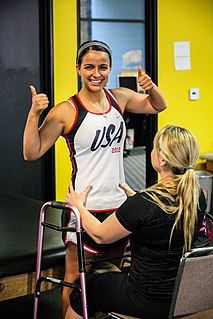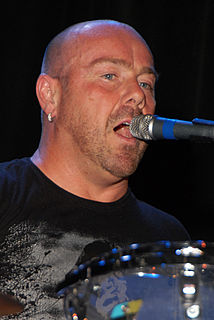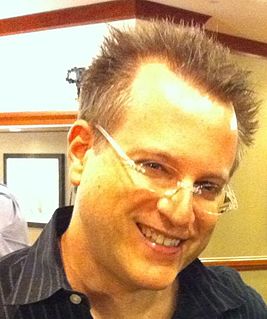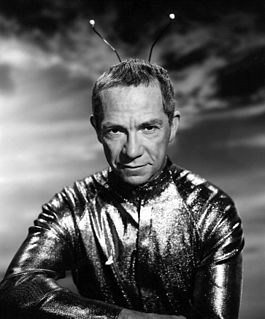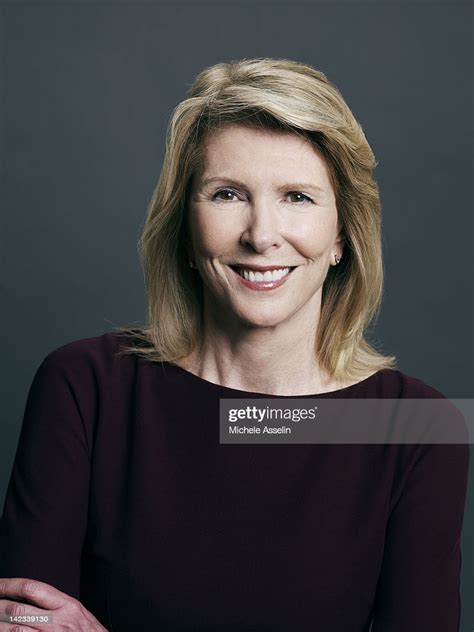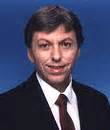A Quote by Josh Fox
As a journalist, you have to have multiple sources and verifiable science, and when you've done that and satisfied the most skeptical voice in your head, you have an obligation to ride through the streets - let people know what's going on.
Related Quotes
I think there's a lot of people going through different things where you feel like your whole world's imploded, and you feel like you lost it all, whether it's physical, emotional, whatever you're going through. If I can be that beacon of hope for people that need it the most through dancing and through our storytelling, then I've done my job.
Science is nothing more than a method of inquiry. The method says an assertion is valid - and will be universally accepted - only if it can be reproduced by others, and thereby independently verified. The impersonal rigor of the method has produced enormously powerful results for 400 years. The scientific method is utterly apolitical. A truth in science is verifiable whether you are black or white, male or female, old or young. It’s verifiable whether you know the experimenter, or whether you don’t.
In terms of a narrative nonfiction book, when you're describing scenes that you have multiple sources for, and that you have differing sources for, and you decide to choose a path that puts all that information together, well yeah, there's definitely going to be a little bit of the author in that. But there's nothing wrong with that.
The purpose of scientific method is to select a single truth from among many hypothetical truths. That, more than anything else, is what science is all about. But historically science has done exactly the opposite. Through multiplication upon multiplication of facts, information, theories and hypotheses, it is science itself that is leading mankind from single absolute truths to multiple indeterminate, relative ones.
I made multiple leaps where there were no guarantees that I was going to be successful. By the way, I was not always successful. But I think if you go into something new with an open mind, and you let people around you know what you don't know, for the most part they're going to link arms with you. So you can't plan a career so closely that you never make a move unless you know that it's going to work. There's always going to be risk involved in change.




